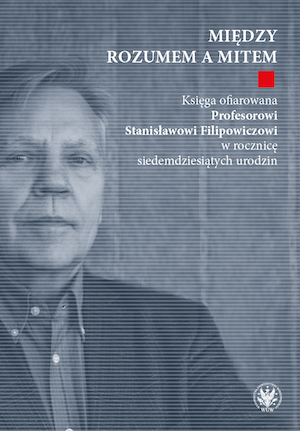Hegel wobec myśli Kanta i Hobbesa
Hegel’s struggle with Kant and Hobbes
The idea of Enlightenment progress in international relations
Author(s): Rafał Wonicki
Subject(s): Politics / Political Sciences, Law, Constitution, Jurisprudence, Political Theory, Political Sciences, Security and defense
Published by: Wydawnictwa Uniwersytetu Warszawskiego
Keywords: Hegel; Kant; Hobbes; international relations; political realism; cosmopolitanism
Summary/Abstract: In global justice, Hegel is interpreted chiefly as a communitarian, while in international relations – as a realist. I want to deliver a more nuanced interpretation of his view on international relations in the article. I will try to show that even though Hegel did not know about contemporary changes and could not respond to them, his thought remains instructive and relevant. Hegel criticises the Kantian idea of perpetual peace as a cosmopolitan moral dream, rejecting Kant’s presumptions of transcendental idealism. This shifts Hegel’s theory to Hobbesian realism claiming that relations among states are similar to the relations between individuals in the state of nature. However, I will formulate arguments against this approach to reveal a more cosmopolitan perspective in Hegel’s view. This argumentation refers to the idea of weak or embedded cosmopolitanism that subscribes to the possibility of a world order founded on international customs. Based on Hegel’s dialectic, I will argue that we cannot conclude that states end up at the level of subjectivity in international relations. Thus, logically, there must be some international order. Such an approach does not wholly dismiss the statist view of his conception of international relations; however, it makes it possible to justify the idea of cooperation among nations in the name of "Sittlichkeit".
Book: Między rozumem a mitem
- Page Range: 174-185
- Page Count: 12
- Publication Year: 2023
- Language: Polish
- Content File-PDF

